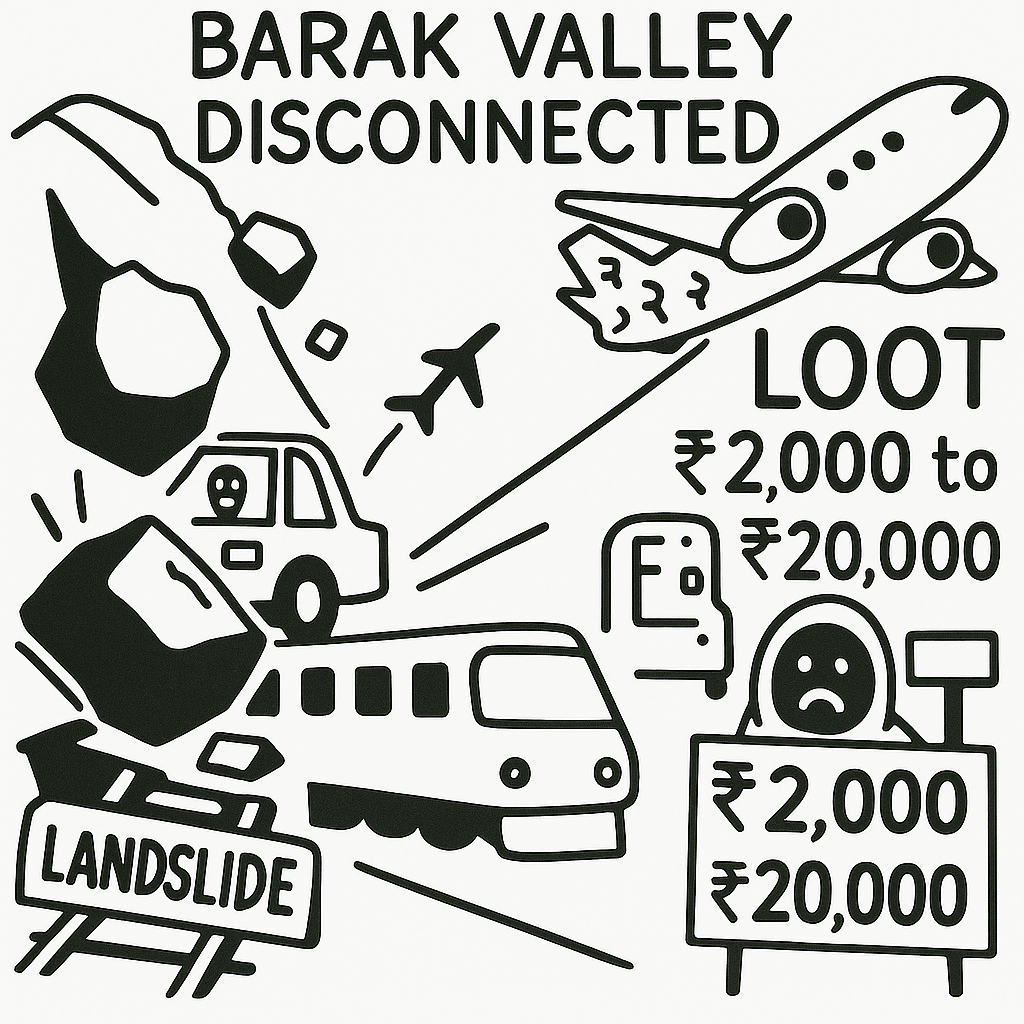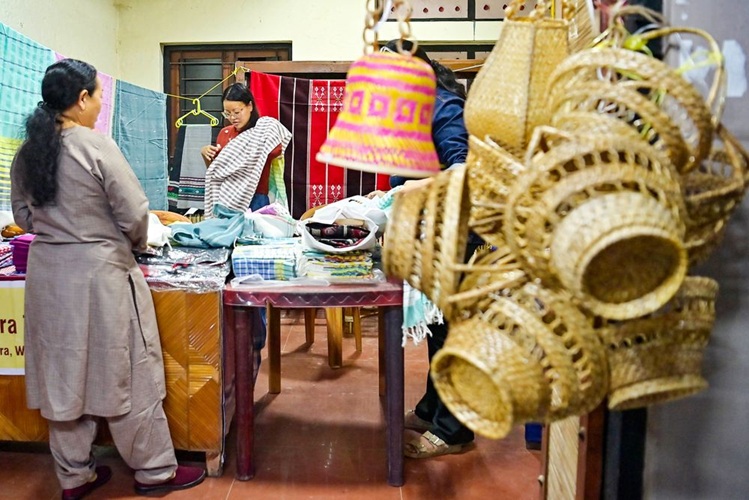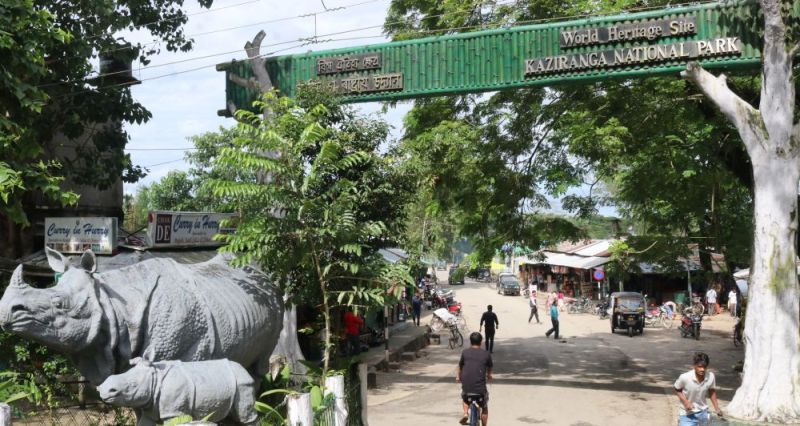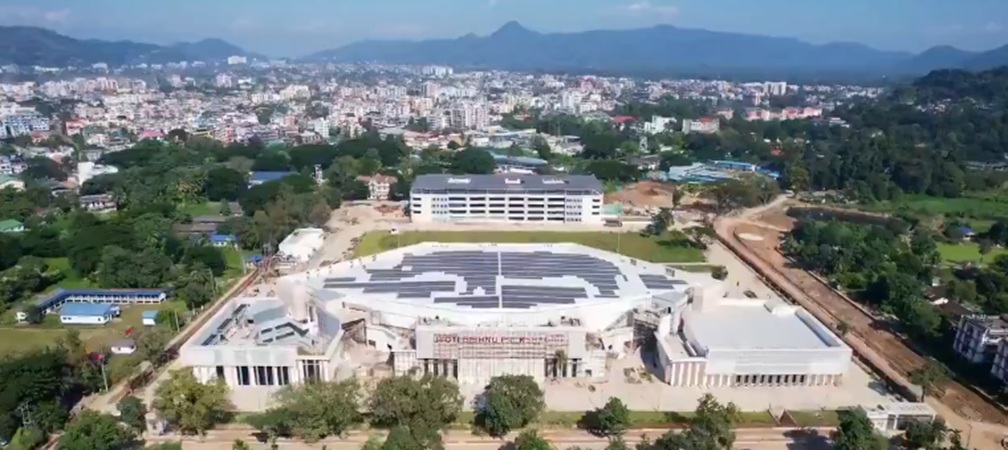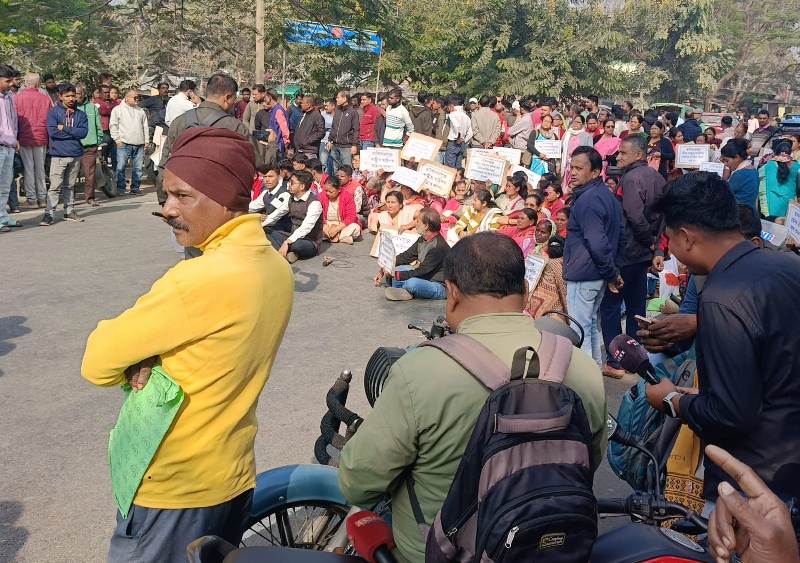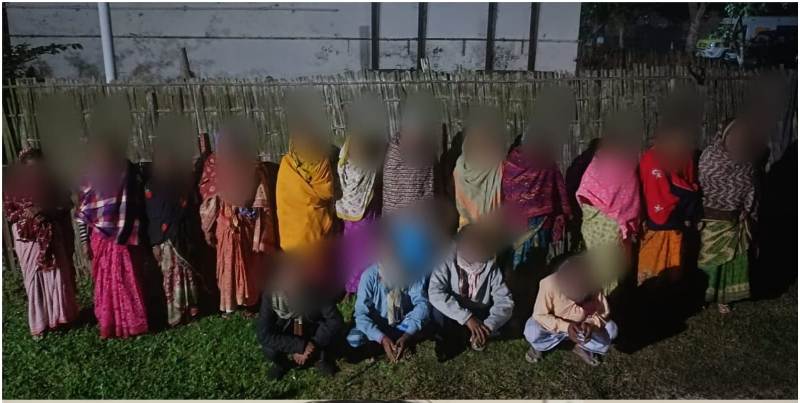
Bangladesh Pays Heavy Price for Strained Ties with India: Over 40,000 Jobs Lost, More Than 160 Factories Shut Down
April 26, 2025 | By: BarakOutlet News Desk I Silchar: Bangladesh is facing a severe economic backlash following a deterioration of its strategic relations with India, with over 160 factories shutting down and more than 40,000 jobs lost in the country’s vital industrial sector. Once a shining example of South Asian export success, Bangladesh’s heavy reliance on India for logistical support has now turned into a crippling vulnerability.
The crisis stems from the policies of Muhammad Yunus, whose decisions in recent months have sparked diplomatic friction with New Delhi. Bangladesh’s ready-made garments (RMG) sector — the backbone of its economy, contributing nearly 85% of total exports and 13% of the GDP — is under tremendous strain. Approximately 4 million workers, predominantly women, depend on this sector, and the unfolding events are threatening their livelihoods.
The India Factor
During the global COVID-19 crisis, when the demand for medical textiles, masks, gloves, and hospital clothing soared, Bangladesh possessed the goods but lacked the global supply infrastructure to deliver them. Recognizing this gap, Prime Minister Sheikh Hasina’s government sought New Delhi’s help — a lifeline that India graciously extended.
India opened its ports and airports, offering critical transshipment facilities to Bangladesh at nominal fees. Goods from Bangladesh were brought to Indian customs stations like Petrapole-Benapole and then dispatched to international markets via key Indian hubs — Kolkata, Haldia, JNPT, and airports in Delhi and Kolkata.
The cost advantage was substantial: shipments through Indian routes cost just $2–$2.5 per kg, whereas direct shipments from Bangladesh ranged between $5–$6 per kg.
Political Fallout
However, the relationship soured when Bangladesh imposed unexpected restrictions on Indian cotton imports and complicated operations at land ports. Matters escalated when Muhammad Yunus reportedly engaged in activities undermining India’s strategic interests, particularly involving sensitive regions near India’s ‘chicken neck’ corridor.
India, citing congestion at its ports, officially ended the transshipment facilities for Bangladesh — a move widely seen by experts as a necessary political response. Reports indicate that India had warned Bangladesh during diplomatic engagements, including a critical meeting planned with Prime Minister Modi in Bangkok, but no corrective actions were taken.
Economic Consequences
The fallout has been swift and brutal. After the decline of Sheikh Hasina’s administration:
- 170 factories have closed within Beximco Industrial Park alone.
- Over 40,000 jobs have been lost in that cluster, devastating local economies.
- Bangladeshi exporters now face exorbitant shipping costs, as they must route goods via Sri Lanka, Maldives, or Pakistan, significantly raising prices and eroding their competitiveness in global markets.
Furthermore, Bangladesh’s decision to halt yarn imports through Indian land ports has worsened the crisis. Previously, Bangladesh sourced about 95% of its yarn from India at competitive rates. Now, sourcing from alternative suppliers will spike raw material costs and hurt the already beleaguered garment industry.
Growing Internal Unrest
Exporters and industrialists in Bangladesh have strongly criticized the Yunus administration’s approach, warning that continued isolation from India could cause irreversible damage to the economy.
Bangladesh’s limited port and airport capacity remains a critical bottleneck. Without affordable and efficient access to global markets via India, its export-driven industries face a daunting future.
BarakOutlet will continue to monitor and report on this developing story that has significant implications for regional economic stability.

